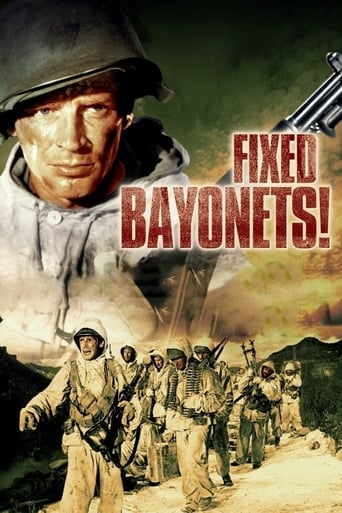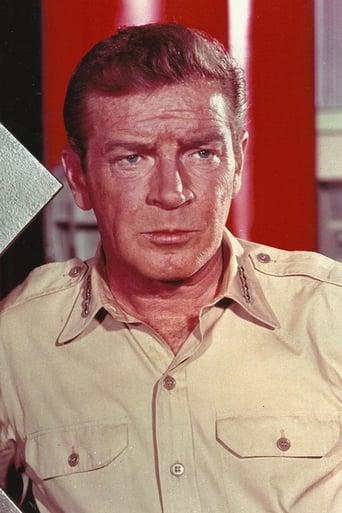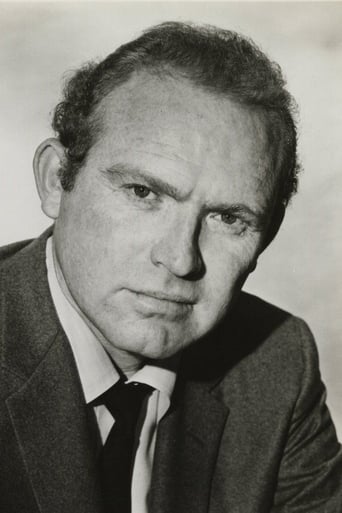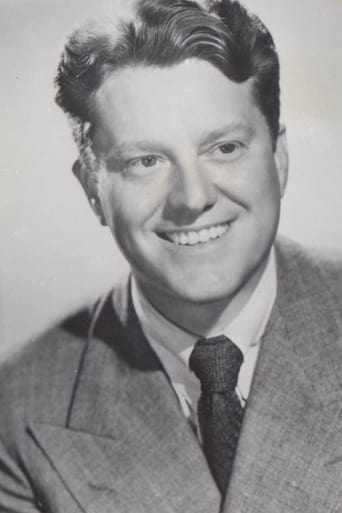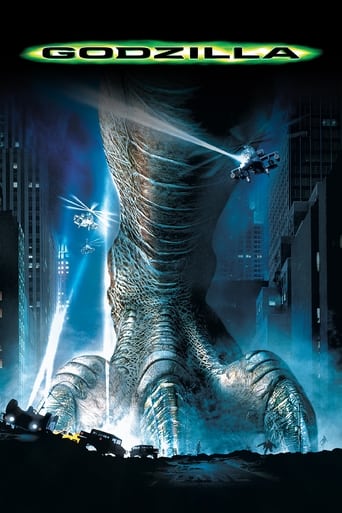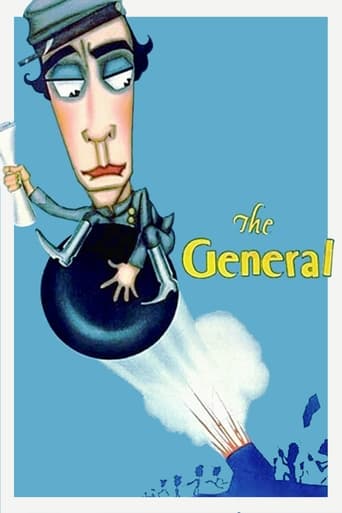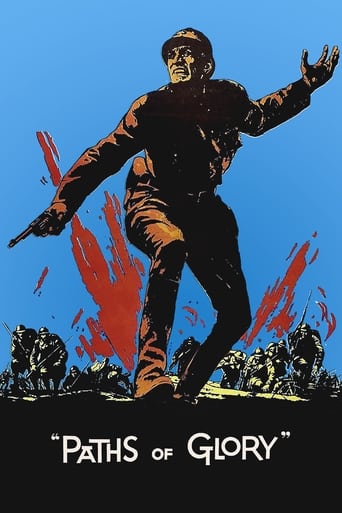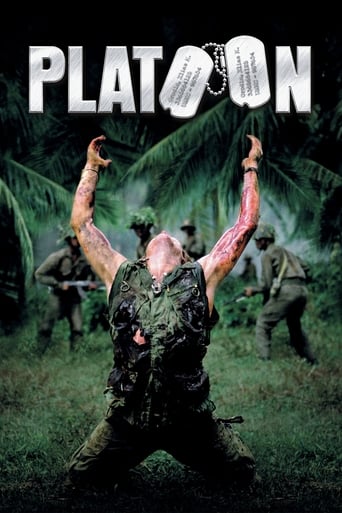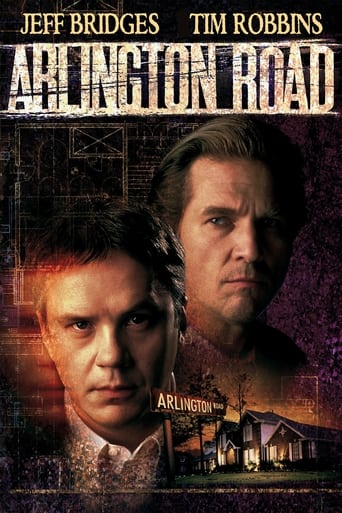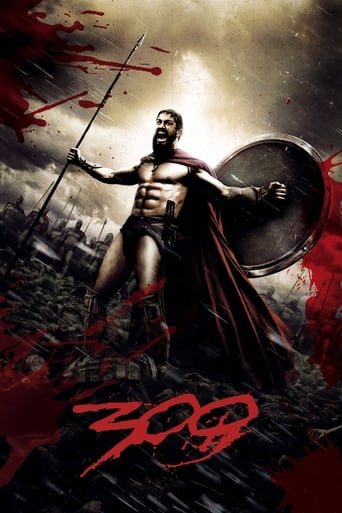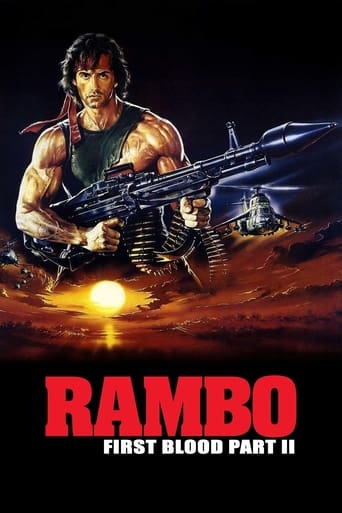Fixed Bayonets! (1951)
The story of a platoon during the Korean War. One by one, Corporal Denno's superiors are killed until it comes to the point where he must try to take command responsibility.
Watch Trailer
Cast


Similar titles
Reviews
That was an excellent one.
Sorry, this movie sucks
Pretty Good
Fresh and Exciting
I finally got to watch this film not even knowing about it until pretty much now. I'm in my late 40's and watched multiple times Men In War and Pork Chop Hill because they were always on the TV as I was growing up, I'm a Navy Vet who served on the ground (behind the wire) in Iraq, so that is my background and experiences. I had seen The Steel Helmet before, and though this is going to sound sacrilegious, I was not that satisfied with it. This is an enjoyable war film, I liked it more then the Steel Helmet, less then Men In War and Pork Chop Hill. I give it the average rating of 7 I don't think it's a masterpiece or that its horrible, and 7 of 10 is a good score for a film. I thought the running drama of Basehart not wanting command was extremely dragged out and unnecessary, and a lot of the foot soldiers dialog was on the borderline WW2 film stupid. Also, like some of the 1 star reviews stated, the extreme cold and them constantly getting wet was hard to take. But my biggest criticisms were, where is the air cover, or where is the North Korean air assets if we didn't have any, and why did they leave this small group there for what seems like days? On the positive side, the battle scenes at least at first were shockingly good, totally above most war movies made up to that point (1951), the first battle scene comes close to All Quiet On The Western Front quality in my book. So I was satisfied watching this film and recommend it to all war film lovers, 7 out of 10.BTW a Medal Of Honor recipient, Raymond Harvey, was the technical adviser on this film, his bio is interesting, I wish they would just make films based on their actions alone, and leave out the silly melodrama but in 1951 I guess it was still necessary. Also, if it has not been mentioned by others supposedly this is James Dean's first movie, people have posted the specific part on youtube, I watched the whole film and never spotted him even though he has dialog, see if you can find him!
This is an interesting movie to watch on themes of responsibility and its inevitability. The person who wants it the least is the person who ultimately gets it and, by virtue partly of his reluctance, turns out to be the best suited for the job at hand. And in this film that job is to be the leader of a rear guard action to dissuade the North Koreans from closing in on a withdrawing regiment. The chain goes from the regimental colonel, who we see as the film opens, a "one of the guys" type of guy with a wad of chewing tobacco, clustered with some other men in a tent, and then to a young lieutenant who's company is chosen to lead the rear guard action, and the GI's in the company played by some familiar faces, and is whittled down to a young corporal who would never want the responsibility but exceeds his own limitations and ultimately wins his own self respect.
Sam Fuller's no nonsense approach to film-making seemed perfectly suited to the war genre. Films like "Fixed Bayonets", "The Steel Helmet" and "Big Red One" have a certain relentless quality. They're fast, tough, blunt, feature urgent camera work and screenplays which whittle away the fat and get right down to the point. There's no macho heroism, no flag waving, no mourning the dead. Instead, Fuller cuts through the crap and gets down to simple truths.Indeed, Gene Evans, who plays Sgt Rock in "Fixed Bayonets!" and Sgt Zack in "The Steel Helmet", seems to himself embody Fuller's style. He's simple, bear-like, gruff, angry, world weary, cynical, yet wise and at times warm. He's the product of a post-Hemmingway era of pulp journalism and spring-action typewriters. Fuller's style itself relies more on punchy dialogue, the rhythm of words, the staccato patter of syllables and the energy of screenplays to create their power. Visuals were almost secondary. Strange then that "Fixed Bayonets", plot wise at least, is so simple. It deals with a group of US soldiers who attempt to hold a mountain pass while the North Korean army advances. Their aim is to convince the enemy that their small 48 man squad is much larger than it really appears. If they succeed, they'd have provided enough of a distraction for a 15,000 man US regiment to pull out of the area, unharassed.This notion of "pretending", of being "more of a man" than you really are, is Fuller's chief concern. And so throughout the film characters wrestle over, not duty, but responsibility. How can one little man step up and take on the responsibility for the lives of other men? The rest of the film plays like a tactical handbook on how to hold a secure location. Fuller shows us how to lay mines, sucker the enemy in, keep your feet safe from frostbite and take down a tank. There's an almost journalistic sort of attention to detail, which of course masks the films politics; its refusal to approach the broader ethical questions raised by US actions in Korea at the time. 7.9/10 - Plays like one of those pulpy combat comic books printed in the 40s and 50s.
I don't think the number of blunders militarily and strategically contained in this turkey can be beaten. Everything in this mess was done on the cheap and made soldiers look really stupid. Examples: at the start the 2-star General is given strategic advice by a Lieutenant and accepts it unquestionably. The map used by the Lt. shows enemy positions but they apparently have only a single narrow valley to use in advancing on the battalion (even though the map showed a dozen more). The rear guard takes up position from which they are clearly spotted by the enemy and exposed. They pound our heroes from high ground but this superior fire power makes little difference. An single enemy tank advances near the end (at the beginning referred to as armored division), proceeded by a solitary infantry point (!) who moves extremely slowly without cover scouting the area, then waives the tank on when he deems it save to proceed - a most bizarre scene. The soldiers take cover in a cave. All around them is ice and deep snow but in the cave not a yard from the entrance is a deep puddle through which they all wade repeatedly - their feet would last mere minutes before they freeze off. Later the survivors wade pathetically slowly and chest high through a river to return to their unit. Remember it is deep winter and the ground is frozen. Yeah right!And on and on it goes. They yell commands to positions on higher ground, they lay mines near their own position and warn each other not to trample on them (!) At the start, credit is given to some soldier who had been awarded the Congressional Medal of Honor. Was he blind, or did Director Fuller just ignore him?Truly the most inept soldiers I've ever seen. One of them pokes around in his own wounded leg with a bayonet and eventually pulls out a piece of shrapnel, without a wince or a moan. He announces that that should qualify him as a surgeon. Now that was funny.

